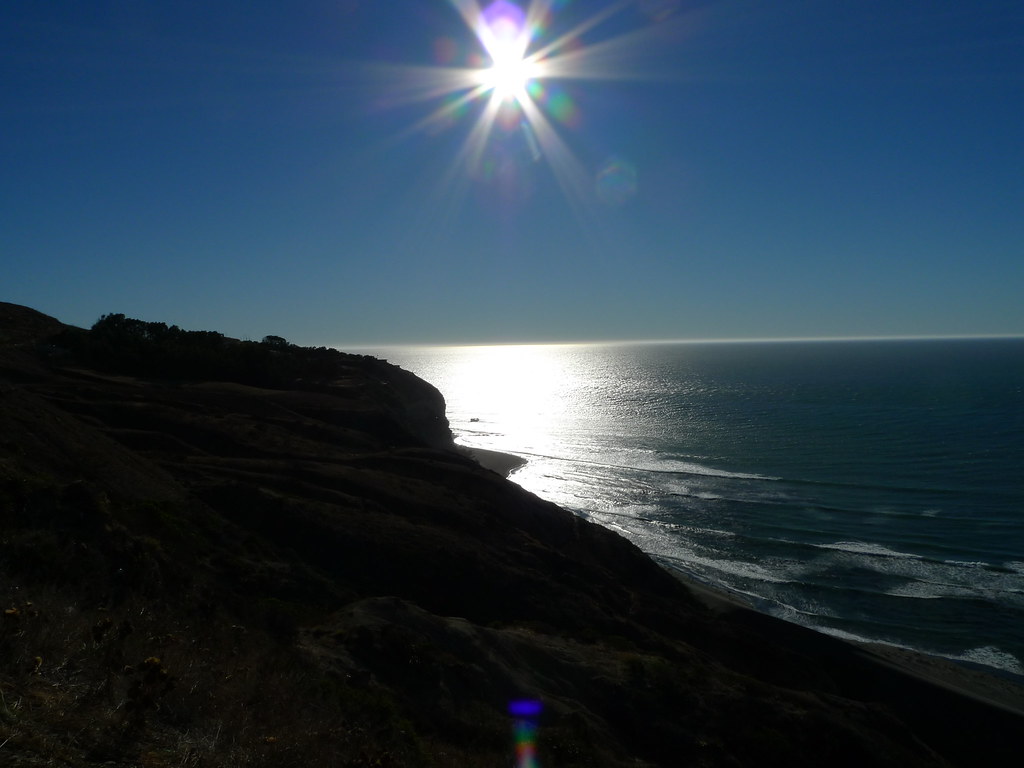Progressive representatives elected to draft a new Chilean constitution say environmental protections will be paramount.
Published by Aljazeera by Jun 5, 2021.
Santiago, Chile – Chile’s newly elected constitutional assembly will be meeting this month for the first time to kick off a nine-month process of drafting a new doctrine to guide the country, throwing aside the previous dictatorship-era constitution.
May’s election saw major Chilean political parties lose out to independents, with President Sebastian Piñera‘s right-wing coalition, Chile Vamos, only clocking one-fifth of the 155 seats.
Environmental lawmakers and activists have hailed the result as a historic moment that could secure unprecedented environmental protection. Whereas existing constitutions have taken important steps to include ecocentric provisions, no national charter – with the exception of Ecuador – recognises the environment as fundamental to future development and prioritises its protection.
Forty-eight independent constituents – who won the lion’s share of seats – emerged from social movements, many of which are closely tied to environmental causes. Together with the 17 seats reserved for Indigenous communities, and the 25 seats won by progressive left-wing coalition Apruebo Dignidad, a significant proportion of the final assembly has pledged to enshrine environmental protection in Chile’s new constitution.
“This country has established its development on destroying the environment. We’re in a severe ecological crisis,” said Josefina Correa, political director of Greenpeace Chile. “A new constitution will change everything.”
‘A fight for life’
Bastian Labbé is one of the independents who is working to secure environmental rights. “In Chile, when communities want to save a river or protect a native forest, they have to campaign with their own money, through bingos, raffles,” he explained. “The state (should) be in service to those communities.”
It is a fight that Labbé knows intimately. He grew up in the industrialised coastal city of Hualpén, in southern Chile, characterised by a concentration of large gas refineries that continuously bellow clouds of smoke, their gas flares marking the city’s peripheries.
But a short distance from the steaming towers, Labbé found refuge in the Natural Sanctuary of Haulpén, a protected environmental reserve that contains the last coastal forest of the area and that animals including flamingos and penguins call home. “It’s part of my identity,” said Labbé, who teaches history and geography at Concepcion University…
See the full article HERE.
Photo credit: “Central Chile coast” by echin3030 is licensed under CC BY-NC 2.0 .

